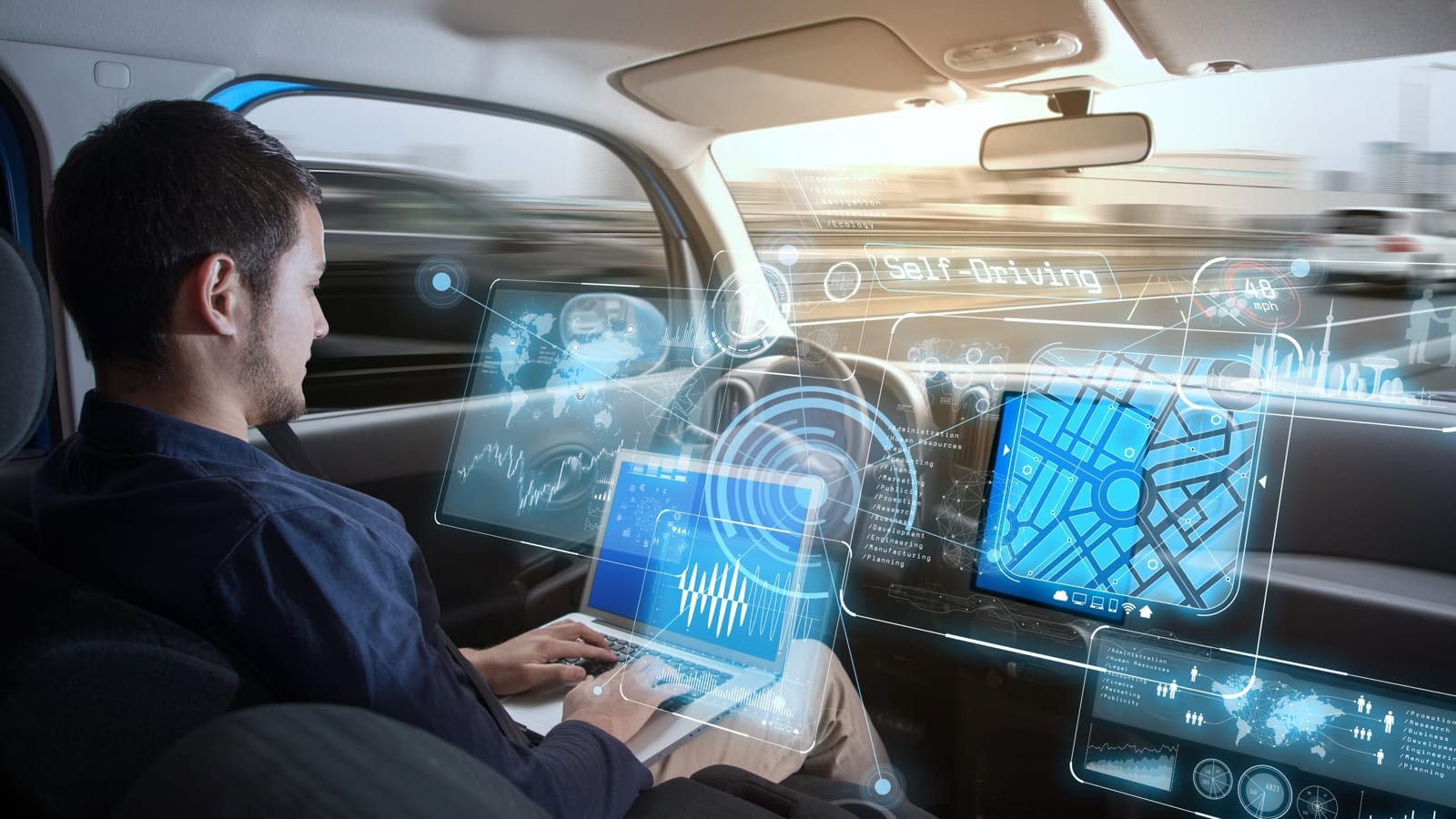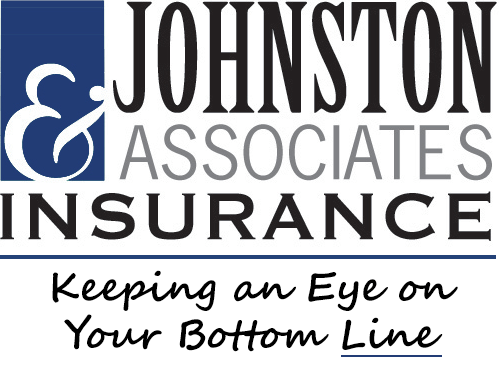
Though the dawn of Uber and Lyft has created their own hiccups in the insurance industry, self-driving cars are on the horizon and insurance companies around the world are scrambling to figure out how to measure the risks. The status quo is relatively simple: If you are in an accident with another vehicle that is operated by another human, then the at-fault person bears the responsibility of making the other party whole. The question at hand is this: If the at-fault party is a computer system then who is held liable? What if the rider in this vehicle is a kid being taken to school and the owner is at home. Is he still responsible though he had absolutely nothing to do with the crash? If that is to be the case would anyone ever buy a self-driving car? Business Insider recently reported that by the year 2020 around ten million vehicles will be, in part, self-operational. The question of Liability needs to be resolved.
Georgetown University law professor Marc Mayerson states, “somehow or another we need a mechanism to allow for compensation from auto accidents…In theory, self-driving cars would not create negligence liability for the passenger, non-driver, and owner of the car”
Often liability coverage is the most expensive portion of auto insurance. The reason for this is the fact that the amount to potentially be paid out to fix damage to your own vehicle is but a minor percentage of the potential payout to another driver that you could injure. So if liability premiums were no longer a need in a world of self-driving vehicles, auto insurance should become a considerably lower priced necessity. Mayerson continued, “…one model would be to have the car manufacturer bear all the liability and impose that liability simply based on the autonomous car’s being a substantial cause of the injury.” It makes sense to a degree. After all, if anything else were to malfunction causing bodily injury, the fault would lie in the hands of the manufacturer. This all seems well and good on the surface, but is this really a benefit to us?
As with anything else, raising a manufacturer’s cost of goods sold trickles down to the customer. So as we once thought we were saving money on our insurance, we are actually paying more for the self-driving vehicle that we purchased. Maybe even more than our insurance previously was depending on your personal motor vehicle report and driving acumen. The one way that appears to be a financial benefit is if you don’t buy a self-driving vehicle in a world peppered with them. In this case one would have to assume that the liability requirement on your auto insurance policy would remain intact, but less expensive now that the roads have become safer and easier to navigate without error. You would also avoid the high manufacturer mark-up.
Though the only thing that is constant in this world is change, one thing will remain. As long as people own cars, they will want their cars protected. Insurance itself isn’t going anywhere as the ability to transfer risk has prevented hundreds of thousands of bankruptcies. Self-driving vehicles are not at all that far away. We already see self-breaking systems and vehicles that will parallel park for you. It is simply a matter of time before you’re naming your invisible driver. Just don’t talk to it without a Bluetooth on. People may think you a Looney.
Filed Under: Auto Insurance
